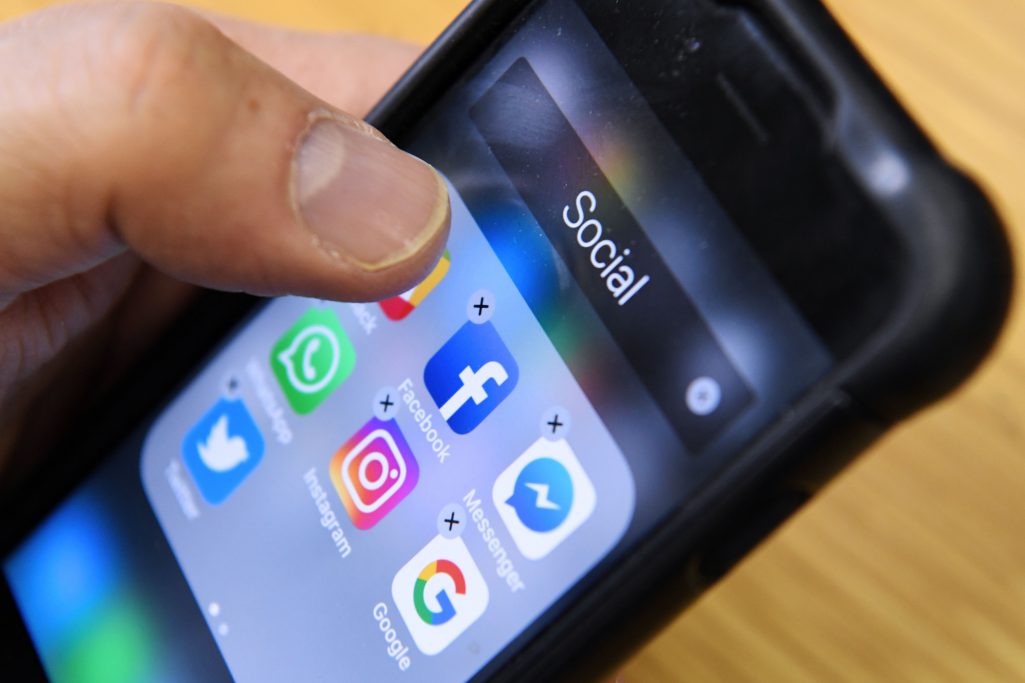During times of stress and nomophobia, a group of researchers studied its association with passive and active Facebook use over a span of years among adults.
Nomophobia, characterized by an irrational fear of being without a mobile phone, was correlated with stress, anxiety, and even panic as a result of excessive use. In past research, smartphone use have been representative of benefical effects when coping with stress, however, in the current study, the German research group concentrated on within-person associations.
The results, appearing in the peer-reviewed journal Computers in Human Behavior, featured the secondary analysis of a three-wave panel study containing over 800 Dutch adult participants connected to the web.
Between 2013 to 2017, the online users’ engagement with social networking sites (SNS) was studied over a span of those four years. Additionally, a survey was administered to each participant to measure SNS use. Most participants were aged 40 to 64 and of the male gender.
The study was split into two subsamples: Facebook users and smartphone users. Due to the majority of Facebook users being also smartphone users, there was a large overlap. The amount of stress exhibited was measured using the Perceived Stress Scale, which ranged from 1 = never to 5 = very often.
“Looking at the smartphone subsample, there were slightly more males (56%), more users from the younger (26%) and middle age group (52%) and less users from the older age group (22%). In the Facebook subsample, there were slightly less males (49%) and again more users from the younger (24%) and middle age group (51%; compared to 25% older users),” the findings explained.
As a first of its kind study to comprehensively analyze within-person relationships of stress and nomophobia, the findings point to increased stress among users who exhibit excessive nomophobia.
“Our results revealed effects on different levels for different age groups and different media use types.” Our results suggest that results for certain groups, media types and types of use cannot be easily transferred to other groups or media types,” researchers found.
“In our study, more nomophobia, for example, was associated with a higher stress level at the same time point, while passive Facebook use was associated with more stress six months later for younger adults. These complex patterns imply very different effect mechanisms for the two different media use variables,” the findings concluded.
For future research, implementing self-regulation strategies to get a deeper understanding of patterns pertaining to stress-evoking media use would be an ideal next step to gain further insight.


